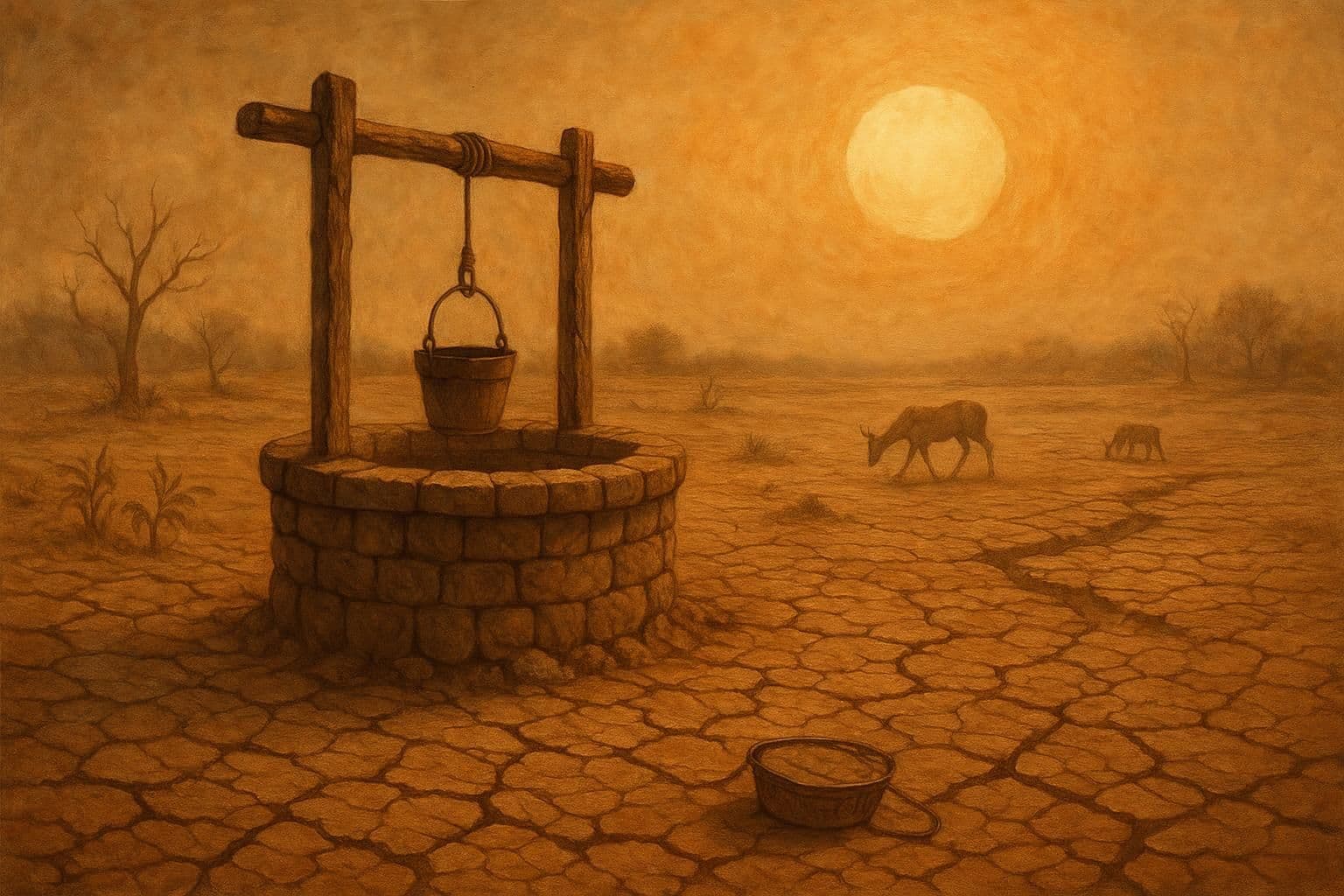Recognizing Value Only in Times of Scarcity

When the well is dry, we know the worth of water. — Benjamin Franklin
Franklin’s Warning in a Simple Metaphor
Benjamin Franklin’s words powerfully distill the tendency to overlook the staple resources of daily life. Water, essential yet often taken for granted, becomes truly valued only when its absence is felt. Through this metaphor, Franklin issues a timeless warning: awareness of worth often dawns too late, post-loss.
Historical Examples of Unheeded Abundance
Throughout history, societies have encountered resource crises born from complacency. The well-documented Dust Bowl of the 1930s, for instance, saw American farmers disregard the necessity of sustainable water and land management until drought rendered their fields barren. This disastrous event illustrates how abundance can breed neglect until scarcity strikes.
The Role of Necessity in Shaping Value
Transitioning to the psychological sphere, human nature persistently underestimates familiar goods. Franklin’s proverb echoes the economic law of supply and demand: scarcity amplifies worth. Items or experiences once overlooked—clean water, healthy relationships, even health itself—suddenly command our attention when threatened or lost.
Modern Water Scarcity and Global Awareness
In today's world, Franklin’s insight is acutely relevant as regions worldwide face water shortages. United Nations reports highlight that millions lack reliable access to clean water, making conservation and judicious use increasingly urgent. The pressing realities of climate change turn this proverb from wisdom into a call for action.
Cultivating Gratitude Before the Well Runs Dry
Ultimately, Franklin inspires us to appreciate and safeguard essential resources before they vanish. By fostering habits of gratitude and mindful stewardship, communities and individuals alike can avoid the regret Franklin cautions against. This legacy of foresight urges us all to recognize and cherish abundance, ensuring the well—and its lessons—never run dry.